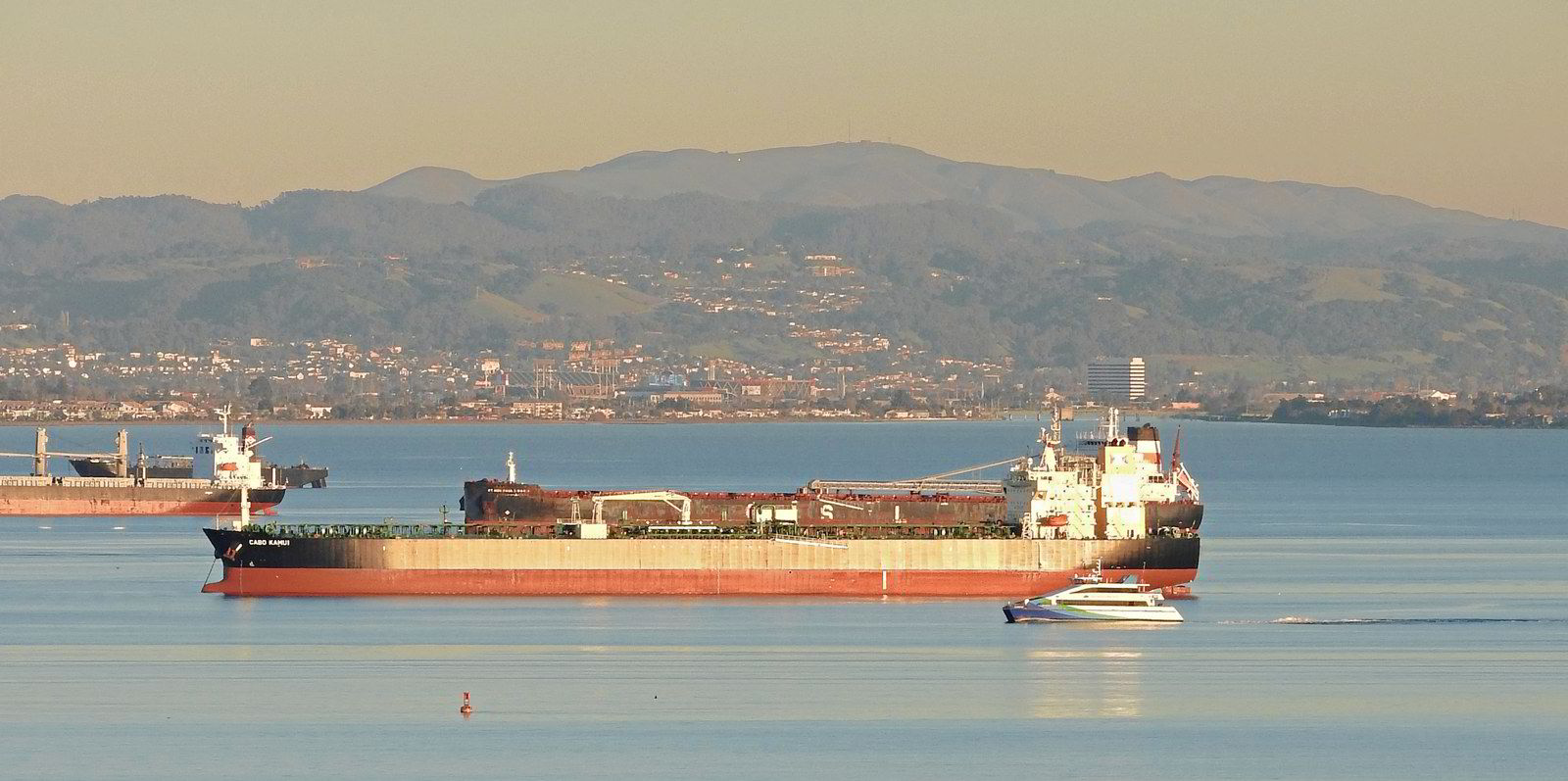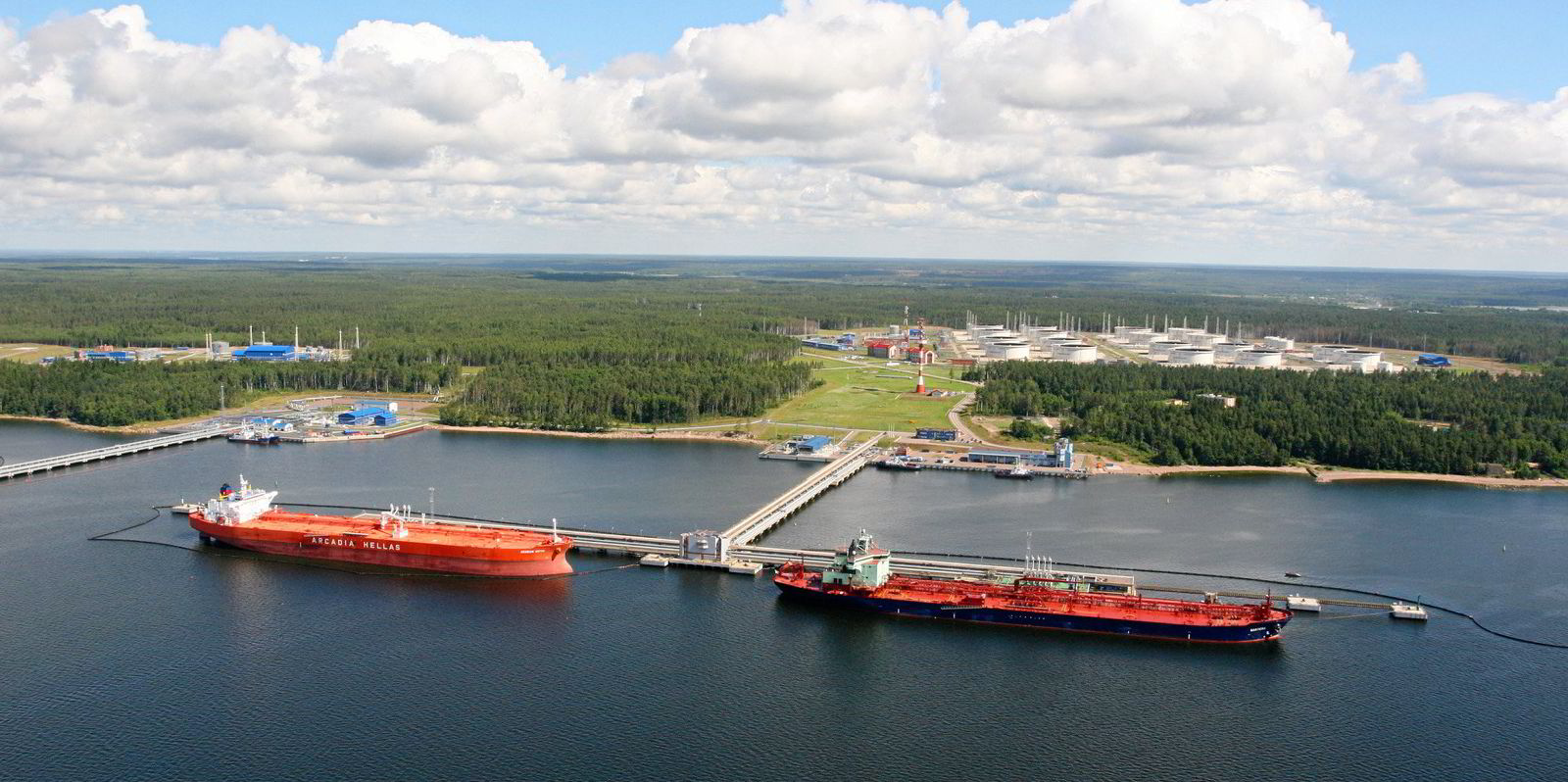Gibson Shipbrokers has tipped the product tanker to stay volatile as the European Union’s embargo on Russian oil products is set to start in roughly three weeks’ time.
The broker said the market has not improved the way many observers expected in the run up to the 5 February embargo, with Europe still importing approximately 1m barrels per day of Russian product helping to build stocks amid a mild winter.
But the firm said there are still plenty of potential pitfalls.
“In the short term, Europe looks adequately positioned to weather the loss of Russian barrels,” Gibson said.
The broker added that once stocks start falling, tonne mile demand will increase, further exacerbated by spring refinery maintenance programmes and helping to push rates up.
But the spot market will be ultimately dictated by arbitrage economics, constrained by pricing differentials between Europe and refineries east of the Suez Canal and in the Americas, the outfit said.
Gibson also pointed out that refineries were seeing strong margins across all products, incentivising them to maximise runs around maintenance season, which could narrow the arbitrage. It also cautioned that an economic slowdown added risk alongside the blending of Russian products potentially sold into Europe.
Product tanker rates have taken a nosedive since the New Year, with the Baltic Clean Tanker Index closing 2022 at 2,135 on 23 December. The index has posted 17 consecutive days of declines, hitting 715 on Friday.
Additionally, both the Atlantic and Pacific MR tanker baskets measured by the Baltic Exchange finished the week lower. Rates on the Atlantic basket fell $678 to $20,100 per day and the Pacific $276 to $31,000 per day.
Two key LR tanker rate assessments continued their freefall, the Baltic Exchange data showed.
Rates for an LR2 sailing from the Middle East to Japan slid to $25,500 per day after opening 2023 at $50,900 per day. An LR1 sailing the same voyage fell to $19,100 per day from $70,300 per day at the start of the year.






